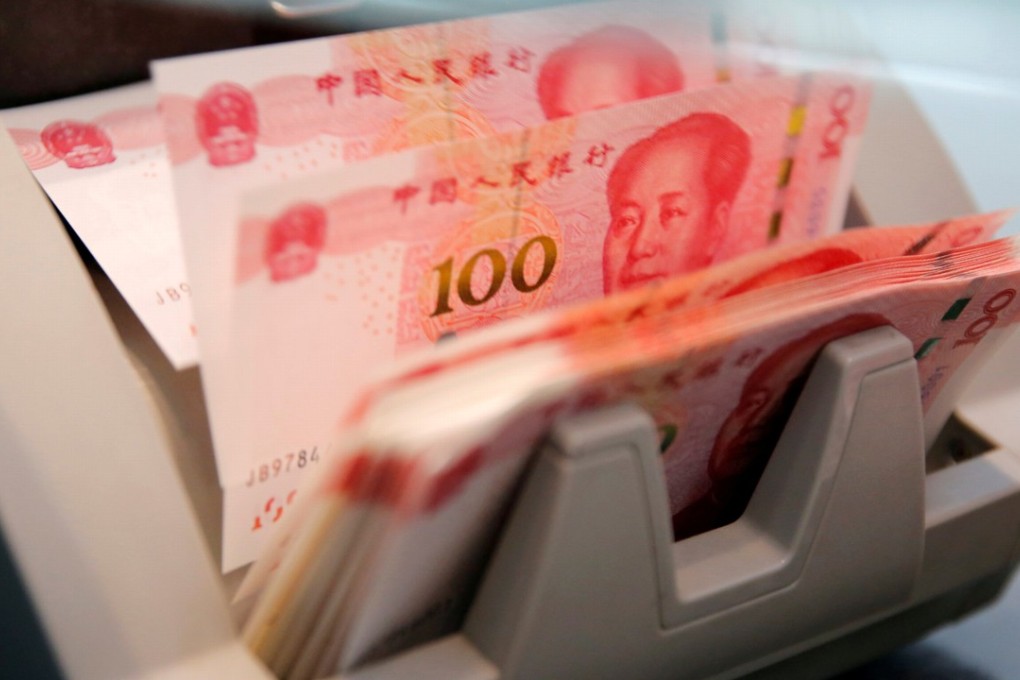Hong Kong’s RQFII quota increased to 500b yuan
PBOC says the move will help meet the yuan investment needs of Hong Kong investors

China’s state council has approved the increase of Hong Kong’s renminbi qualified foreign institutional investor (RQFII) quota to 500 billion yuan (US$73.6 billion), according to an announcement posted on the People’s Bank of China website on Tuesday.
In the brief statement, China’s central bank said that the move would help Hong Kong investors’ yuan allocation needs, promote greater opening up of mainland financial markets and drive closer links between the mainland Chinese and Hong Kong financial markets.
The RQFII programme is one way in which overseas institutions can invest in China’s domestic securities market.
Institutions and jurisdictions are given a quota, which sets an upper limit on the amount they can invest under the scheme.
Hong Kong was the first jurisdiction where the programme was trialled. Until today’s announcement its RQFII quota was 270 billion yuan, all of which had been allocated already, according to the HKMA.
“Hong Kong’s RQFII quota has been further increased significantly and remains the largest in the world, and this highlights our important role as an intermediary to facilitate overseas investors’ participation in the mainland financial markets,” Norman Chan, chief executive of the HKMA, said in a statement.